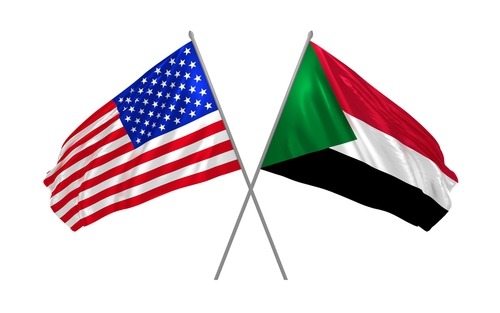
National Nuclear Security Administration (NNSA) Acting Deputy Administrator for Defense Nuclear Nonproliferation Kasia Mendelsohn met virtually with the Sudanese Nuclear and Radiological Regulatory Authority on Thursday to discuss Sudan’s efforts to effectively and safely regulate that country’s use of nuclear technology for medicine and human health; scientific research and education; agricultural, environmental, and industrial applications; and energy.
The meeting comes after the NNSA consulted with Sudan in 2019 over the importance of international nuclear safeguards. While Sudan does not have a nuclear power program, it does use radioactive and nuclear materials in its medical, agricultural, environmental, and industrial sectors. Additionally, the country plans to pursue nuclear energy in its energy sector in the future once a capable regulatory body is formed.
“This is an important time for engagement in U.S.-Sudan relations, especially in the political and economic realms,” Mendelsohn said during the workshop. “The United States is committed to supporting Sudan as we embark on this new era in bilateral relations. We are very pleased with the progress made in recent months.”
During the virtual meeting, NNSA and SNRRA officials discussed best practices for international nuclear safeguards to prevent the spread of nuclear weapons and facilitate access to peaceful uses of nuclear energy under the Treaty on Nonproliferation of Nuclear Weapons (NPT). Sudan recently modified its Small Quantities Protocol to strengthen its safeguards agreement with the International Atomic Energy Agency (IAEA), which will enhance the IAEA’s ability to verify Sudan’s peaceful uses of nuclear material.
The workshop also provided participants with training on how to prevent nuclear theft, sabotage, and terrorism. NNSA representative discussed developing a strong nuclear security infrastructure based on regulations, inspections, threat assessment, target identification, and a training program to implement a nuclear security regime. NNSA participants also discussed security considerations for nuclear power reactors.
The two entities identified areas for continued engagement on nuclear safeguards and security at the end of the meeting. They expressed enthusiasm for the continued implementation of nonproliferation and nuclear security regimes.




